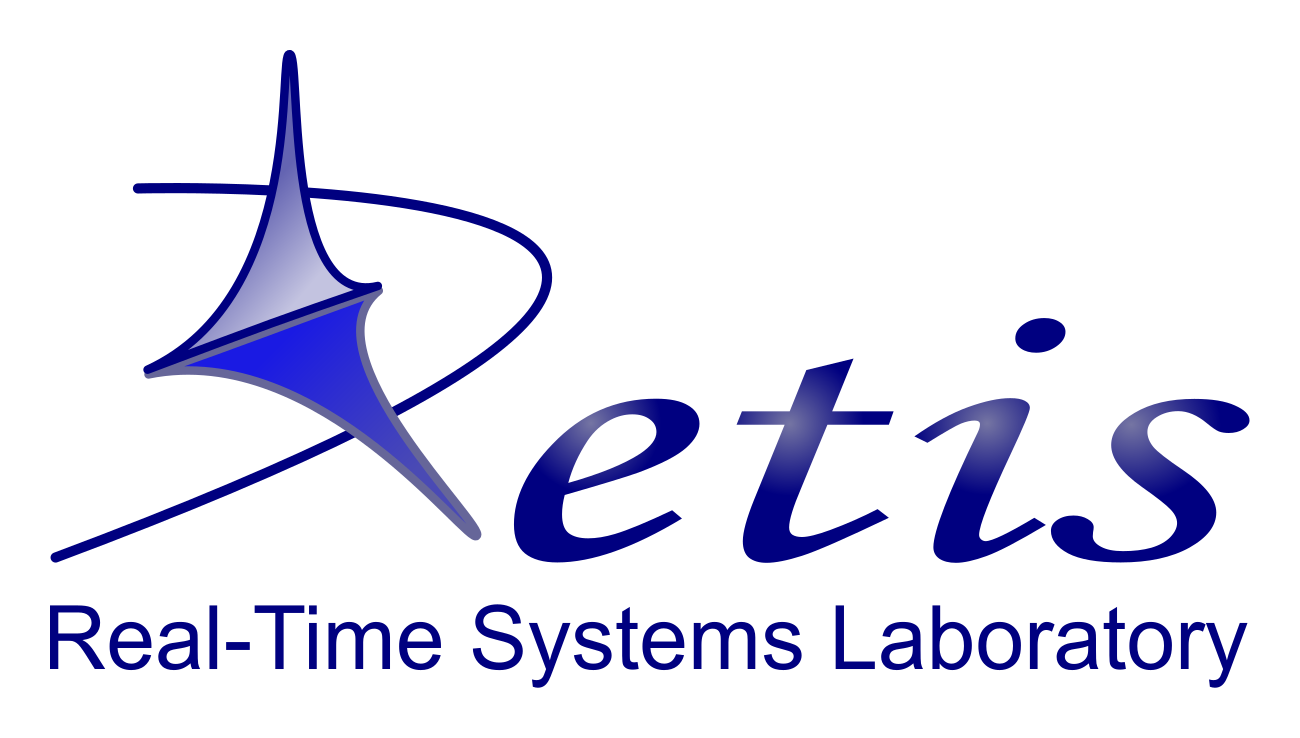
AMPERE – A Model-driven development framework for highly Parallel and EneRgy-Efficient computation supporting multi-criteria optimization – is a 3-years European Research project running till the end of year 2022, funded as a Research and Innovation Action (RIA) in the context of the EU call ICT-01-2019 – Computing technologies and engineering methods for cyber-physical systems of systems. The project is carried out as an international collaboration among renowned academic partners carrying out top-level research in the areas of parallel computing and embedded systems, like the Barcelona Supercomputing Center (as the project coordinator), the Scuola Superiore Sant’Anna in Pisa, the ETH in Zurich and the Instituto Superior de Engenharia in Porto, in partnership with well-established industrial realities like Bosch, Thales, Sysgo and Evidence, that will demonstrate applicability of the AMPERE solutions in the automotive and railroad industries.
The AMPERE project aims at incorporating model-driven engineering as the key element for the construction of complex software architectures. Model-driven engineering enables the use of model-driven languages specifically designed in the automotive and railway domains (such as AUTOSAR, AMALTHEA or others) to refine the description of cyber/physical interactions. Complex software systems supported by computing platforms composed of parallel heterogeneous architectures need methods and techniques based on reliable standardized solutions that can be derived from existing architectural design. This includes the adoption of component-based approaches coupled with automated model transformation and code-generation techniques, as well as scheduling, load-balancing and other run-time mechanisms ensuring proper execution in order to preserve non-functional properties of the applications as specified from the highest levels of the design, all the way down through the implementation and final deployment phases. The focus of the AMPERE team at Scuola Sant’Anna will be on high-performance and energy-aware computing for smart manufacturing applications with strict timing and safety requirements, reduced energy consumption and costs.
More details can be found on the project website.
